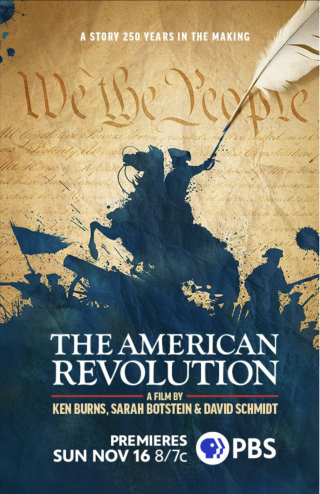Such is the problem with culture war—especially when it comes to history. It’s all recoil and troping and insistence, with no space to argue anything on the merits. Many of the people who deny Haudenosaunee influence on what are called the founding U.S. documents are clearly operating in an emotional condition of sheer grievance and really just want to blanket-deny not the fact but even the possiblity of any such influence, based on their enduring fantasies about the supposed superiority of Anglo and other European traditions to indigenous traditions. The real issue therefore becomes not what might have happened, or might not have, but why people want to believe that something definitely happened, or didn’t.
The opposing idea, that there was significant Native influence, not just on the Albany Plan of Union but also on the Declaration, the Articles of Confederation, and the Constitution, is asserted online with equal heat and certainty, and while that belief has more complicated motivations, and is certainly better-intended, I think that it too is based far more on a desire to believe than on any realistic view of the politics and ideologies of the period, white and Native alike.
The problem with saying something like that is that it might give aid and comfort to the white supremacists, and that’s the problem with culture war. If questioning the preconceptions underlying a claim of Haudenosaunee influence can have such dire consequences, how can you do it? I guess I do it by leaning on my privilege and not fighting a culture war, but anyway: what dire consequences? Those jerks are going to think the vile things they think no matter what. The thing about both-sidesing this issue is that both sides are wrong. That doesn’t make them equivalent, or polar—they think totally differently and are wrong in wildly differing ways. Why they’re so eager to remain wrong remains the intriguing thing, to me.
If you like history and politics, the primary sources that lead a lot of people to assert that Franklin’s Albany Plan of Union was based on, or at least heavily influenced by, the Haudenasaunee mode of confederation governance are pretty interesting to consider. So is the 1754 Albany Convention itself.
A problem, though, emerges from the fact that the Albany Plan, though it failed, is routinely presented as a precursor to the later unions of the colonies and states that ultimately became the nation known as the United States of America. That’s not just in the Burns series—it’s textbook, it’s hive, just ask any chatbot, it’s what you’ll be told. That's why everyone on all sides of the issue can roll so easily, if heatedly, from 1744 and 1754 right through 1776 to 1787. When you’re doing national-origin-oriented history, everything has to lead up to the big things that everybody’s actually interested in. But nothing that happens in real life is ever doing that.
